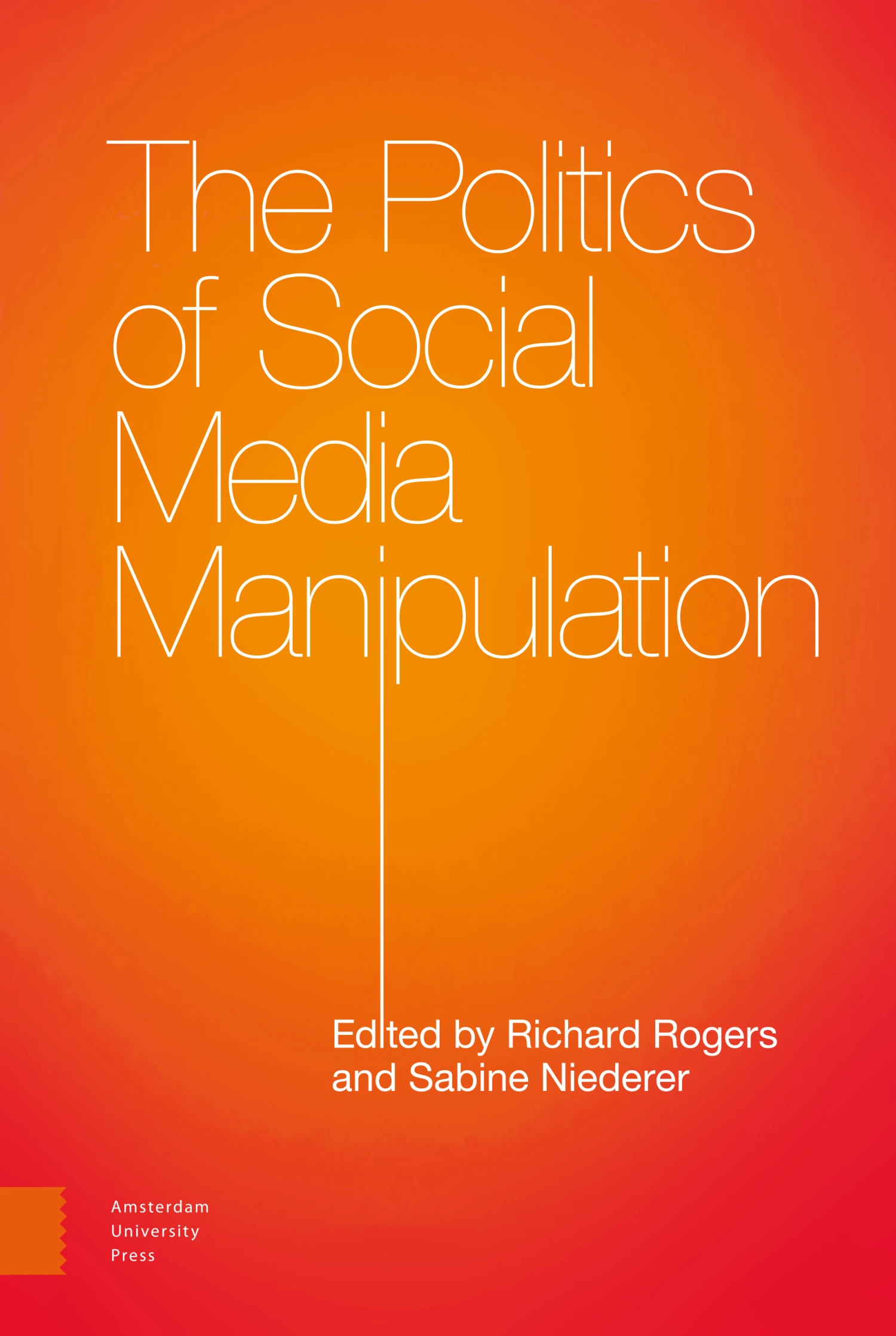UML Library is pleased to announce the launch of a new institutional repository, UMass Lowell RAD (Research, Archives, and Data)!
UML Library is pleased to announce the launch of a new institutional repository, UMass Lowell RAD (Research, Archives, and Data)!
This page highlights the pitfalls of the online information landscape, as well as resources about misinformation within specific online platforms and services.
People often gravitate towards information that reinforces their beliefs and biases. Website customization can make this behavior worse by creating a filter bubble that weeds out some content and promotes other material based on a user's location, search history, or account information. This environment can restrict you to an echo chamber where you only hear one perspective of an issue rather than the whole story. Explore the resources below to learn more about filter bubbles and what you can do to overcome them, adapted from Simmons University's Evaluating Sources LibGuide.
Internet activist and author Eli Pariser discussed the problems of web customization in this 2011 Ted Talk. Pariser's message remains a timely warning about the hidden filters that impact daily interactions with online information.
When browsing the Internet, you might find interesting or outrageous news stories that you want to share right away, but it's important to think before you share. Here are three steps to help you share information responsibly, adapted from Boston College's News Literacy LibGuide:
In April 2021, the Pew Research Center published a report on American's social media behaviors, showing that 81% of Americans use YouTube, 69% use Facebook, and 23% use Twitter. Explore the links below to learn about how these popular platforms impact users' interaction with online content. Some content in this box has been adapted from Boston College's News Literacy LibGuide.
It's worth double-checking any information you find online. If a claim includes a footnote or citation, follow that link and investigate the origin of that claim. If there are no references, try to confirm the claim from an outside respected source. Visit the Evaluating Information tab on this LibGuide for more detailed strategies.
Broadcasting its first season in the summer of 2021, this podcast was produced by the Center for Information, Technology, and Public Life (CITAP) at the University of North Carolina at Chapel Hill. Episodes cover topics ranging from ways that misinformation can manipulate users' emotions and behavior to strategies for creating a more civil, informed society.
Publication Date: 2019. This book considers how misinformation persists and is encouraged as well as methods that can help reduce the impact of false information.

Publication Date: 2020. This book uses the dynamics of the 2019 Dutch election as a case study to explore the impact of misinformation spread through social media.
Publication Date: 2018. This book explores how search engine algorithms reinforce structures of inequality through promoting stereotypes, biases, and discrimination in its results.
University of Massachusetts Lowell
University Library
O'Leary Library: (978) 934-4554 Lydon Library: (978) 934-3208
